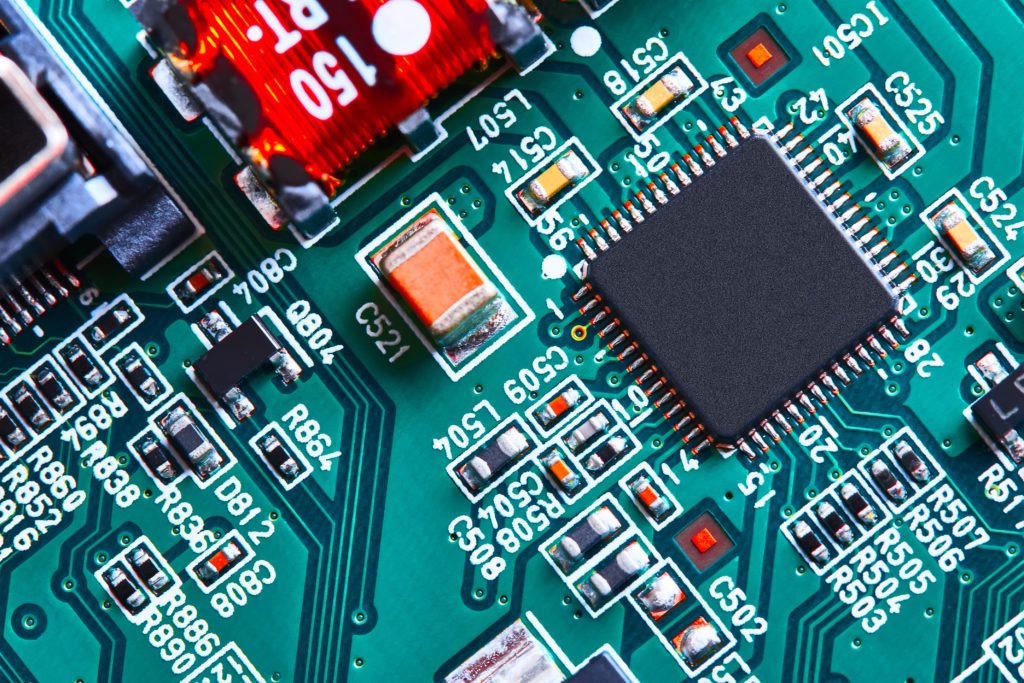The University of Rochester offers many different majors across tons of different disciplines, and engineering is one of the big ones on campus. The University offers majors like mechanical engineering, chemical engineering, biomedical engineering, and electrical and computer engineering, just to name a few. Coming in with the intentions of being an electrical and computer engineering major at Rochester, I took ECE 101: Introduction to Electrical and Computer Engineering.
ECE 101 is an introductory course for students who might be interested in gaining a high-level understanding of modern computing systems and computer programming at various levels. This class gives students a chance to get a brief overview of electrical and computer engineering concepts and topics. Students are also able to connect with peers who share similar academic interests with themselves.
Here are a few highlights from my experience in that class and some reasons why I think anyone who is interested should take this class:
Introduction to Programming (in Python)
For the first five to six weeks of ECE 101, the lectures and labs focus on providing students with an introduction to programming using Python. For students like myself who had limited programming experience, this is a great way to get started utilizing a beginner-friendly language like Python. During this part of the class, we learned the basics of programming and Python allowing us to attain transferable technical skills. Because of this early exposure to programming, I was able to use the things I learned in ECE 101 and apply it to ECE 114: Introduction to C and C++ the following semester. This is especially good for those of you who want to gauge your interest in programming without taking an entire semester-long programming-focused class.
Learn some of the basics of digital systems
After programming, the class learns about digital systems and the basics of computer architecture. This was one of the more exciting parts of the course for most of the class because it was relatively new for everyone. This was one of my favorite parts of the course because I was able to build on my previous knowledge of digital systems and learn new things about the components of computers and make connections between various topics.
Work on a group project
At the end of the term, students have the task of working on a group project together. This project challenges students to come up with a new way of programming a robot that differs from previous submissions in past class cycles. Participating in a group project is important because when students begin applying for positions or internships, they are frequently asked about personal or group projects. ECE 101 gives students a chance to build their resume and stand out from those who have not participated in any projects yet.
And remember, even if you’re not planning to major or minor in electrical and computer engineering, you can still explore subjects like these with the flexible curriculum!


